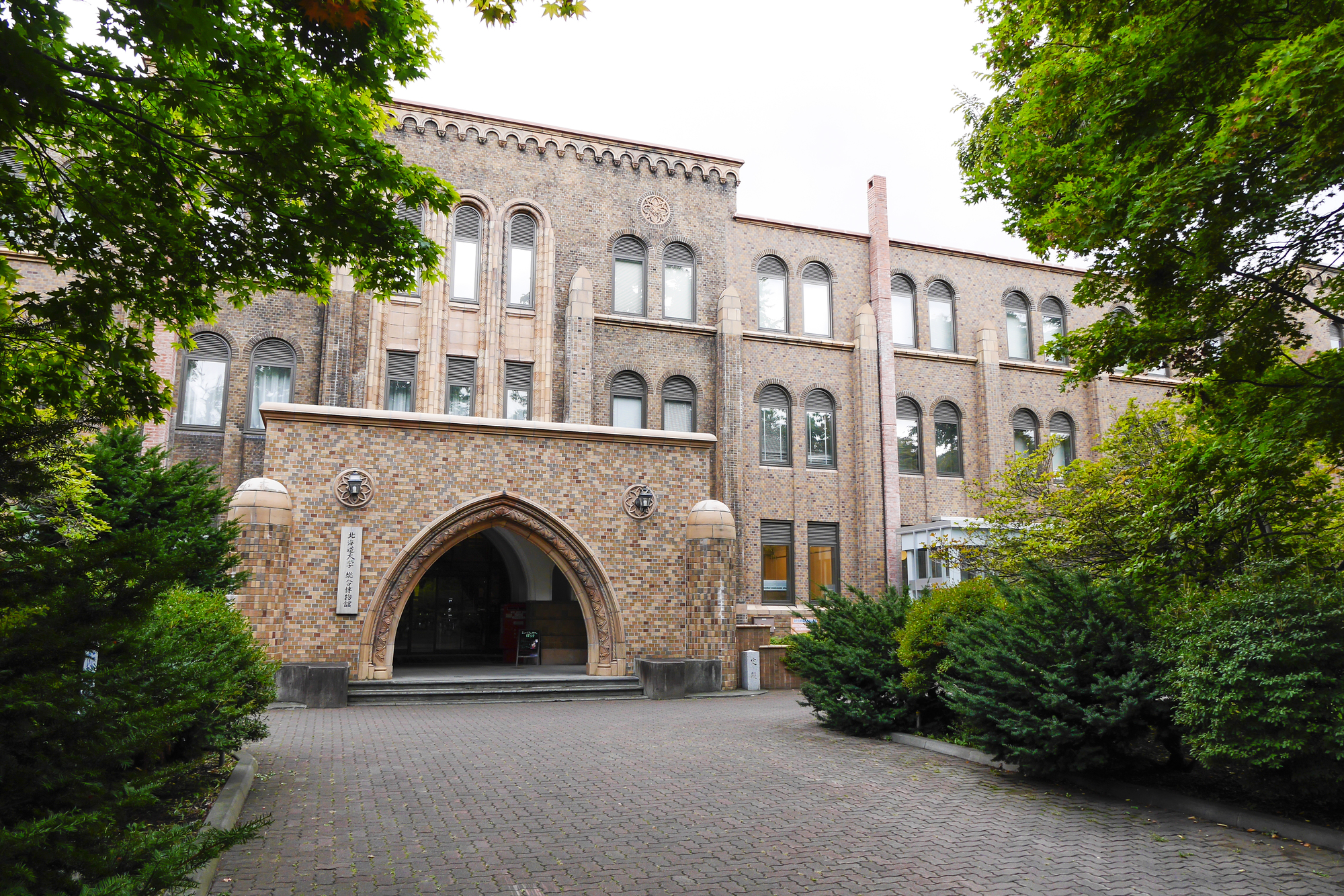Humans become cooperative in situations where they can know who to cooperate with and build relationships, but punishment hinders cooperation and induces retaliation.The following results were obtained in an international joint research on the "Prisoner's Dilemma" that Hokkaido University conducted with universities in five countries including the United States, Italy, and China.The research results were published online in the Proceedings of the American Academy of Sciences.
According to Hokkaido University, 225 subjects participated in the experiment and selected cooperation or betrayal for two opponents.A total of 2 rounds of experiments were conducted using three methods: "shuffle" in which the other party is replaced each time, "network" in which the other party is fixed, and "network with punishment" in which the other party is fixed and punishment is added to the options.
As a result, it was found that cooperative behavior was maintained in the network that can recognize the other party, and cooperative subjects formed a group, but in shuffle, the choice of betrayal increased.In the disciplinary network, discipline triggered punishment reversals and betrayals, hindering the formation of cooperating groups.A research team at Hokkaido University said, "The result was to ask why the punishment is being carried out in the real world."
The theory is that the prisoner's dilemma is that even if we know that it is better to cooperate with each other, we will not cooperate with each other when those who do not cooperate benefit.It is also called a social dilemma because the result of each individual's rational choice is not the desired result for society as a whole.

